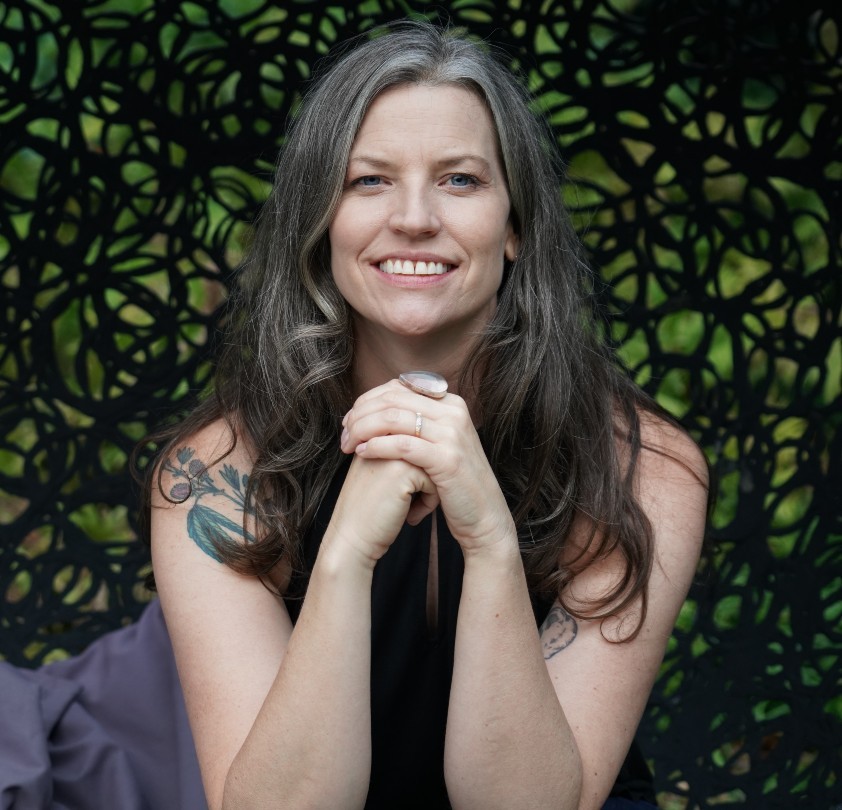We caught up with the brilliant and insightful Adrienne Van der Valk a few weeks ago and have shared our conversation below.
Adrienne, looking forward to hearing all of your stories today. We’d love to hear about the best advice you’ve ever given to a client? (Please note this response is for education/entertainment purposes only and shouldn’t be construed as advice for the reader)
When people quit drinking, they get a lot of advice–from people who care, those who are fed up, and those who have quit drinking before them. Unfortunately, a lot of that advice is judgmental and outdated.
My clients are criticized for being weak and flawed. They’re told that what’s happening to them is their fault because they don’t want to quit badly enough. They believe that if they exercise enough willpower, they should be able to control their drinking or cut it out altogether.
These beliefs almost always lead to a devastating cycle of trying and failing to quit.
The advice I see having immediate and tangible results for breaking this cycle: Learn how your brain works.
For example, did you know that from a neuroscience perspective, willpower doesn’t exist? (Source: Dr. Jud Brewer) Most of our cravings for drinking or using are shaped by a reward cycle that is Hulk-level strong — too strong for our conscious thoughts or intentions to overpower cravings in the long term.
It’s why most of us with substance use disorder can white-knuckle our way through a few weeks or months of sobriety, only to lock eyes with a bottle of Syrah one night and forget our promise to ourselves. Without treatment to rewire the reward system, willpower alone has an abysmal track record for keeping us sober.
Another example is the fact that alcohol affects different people’s brains differently. My brain lights up much brighter than my mother’s when we drink. I immediately want more; she can take it or leave it. Why?
There isn’t a good answer for this; what we do know is there is a complex constellation of factors influencing why some people would crawl across a sticky bar floor for a shot, while others leave their beers unfinished. Genetics, environment, anxiety, and adverse childhood experiences are all at play.
But even if we don’t know why there is a difference, knowing there IS a difference matters. For people reckoning with the shame that almost always accompanies alcohol use disorder, it allows them to see their impulses through the lens of a physical difference rather than a character defect. “I’m a person struggling to manage alcohol use disorder” is a much more empowered place to operate from than “I’m a piece of crap who can’t make good on anything she says.”
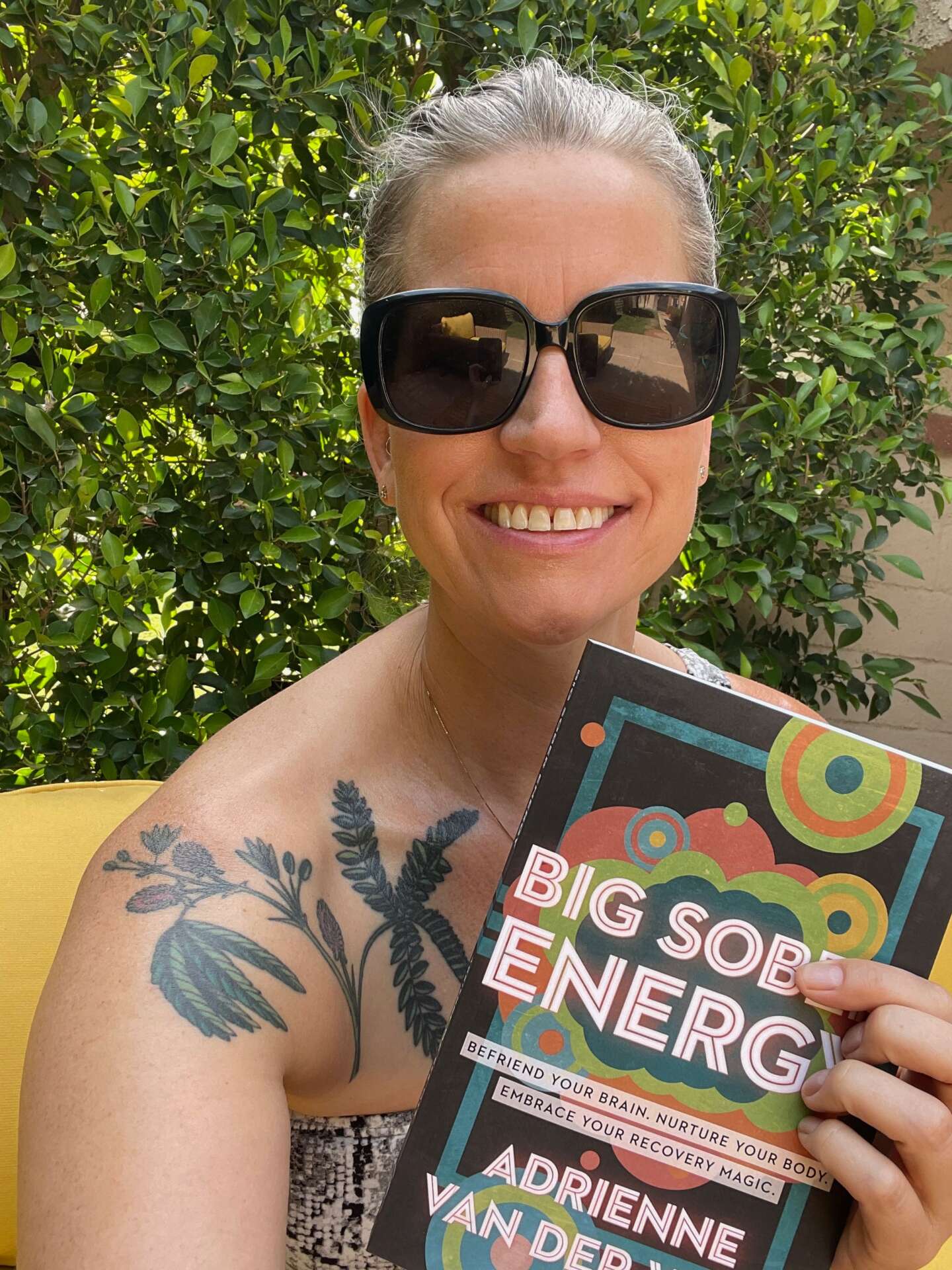
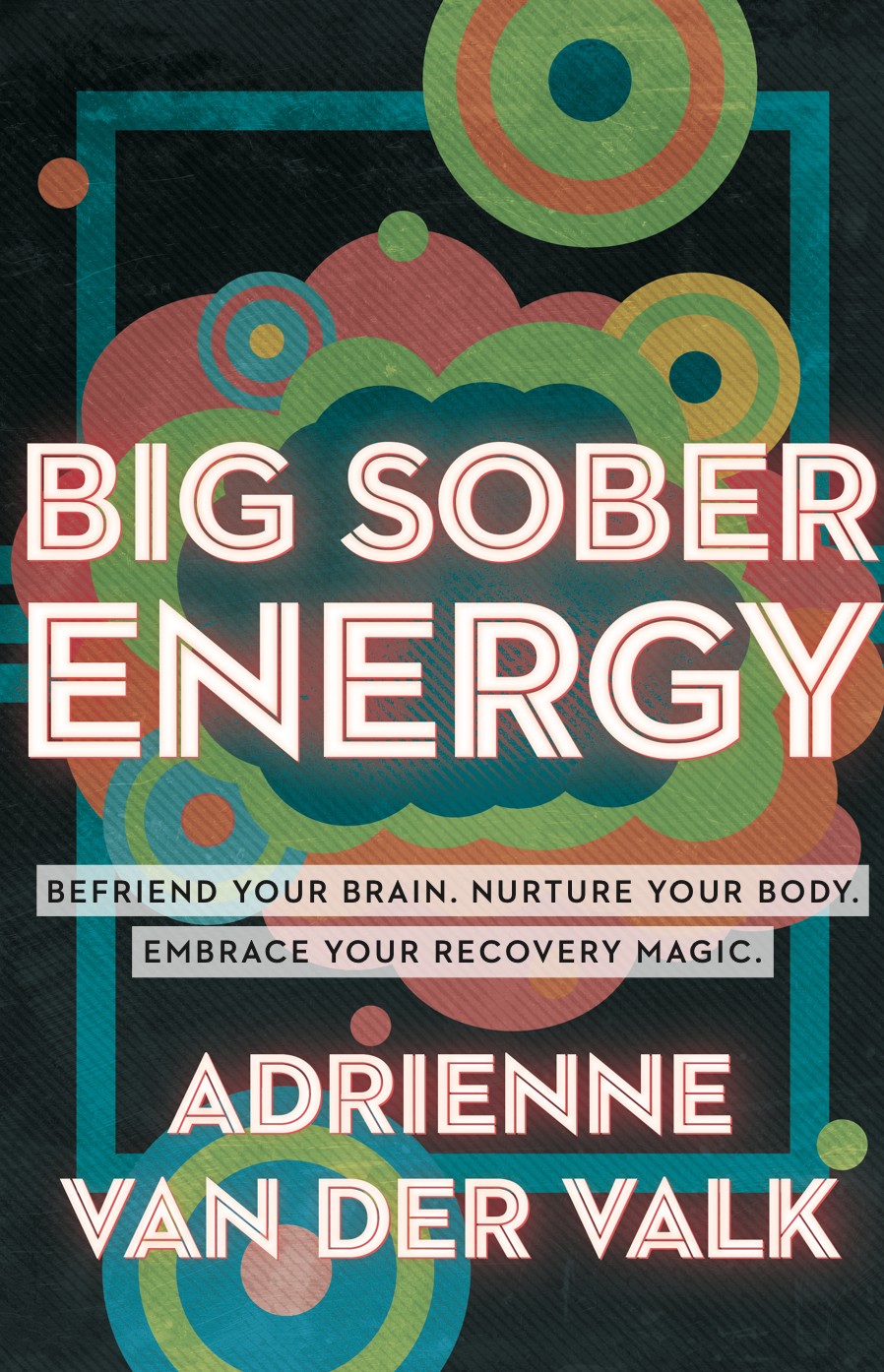
Great, appreciate you sharing that with us. Before we ask you to share more of your insights, can you take a moment to introduce yourself and how you got to where you are today to our readers.
If you’d told me six years ago that I would not only get sober but also write a book about it, I would have laughed at you. OK, maybe not laughed, because I’m pretty polite. But I would have rolled my eyes as soon as you turned around.
It’s not that I didn’t think I had a drinking problem. I DEFINITELY did, and I DEFINITELY knew it. But at that point, I had spent about ten years trying and failing to quit. With a track record like that, why should I believe it was possible for me?
I was what many people call a functional alcoholic (I don’t like that term, but it’s shorthand). I had a good job, wonderful friends, a nice house, and a loving husband.
I also had a strong attachment to my identity as a drinker. I couldn’t imagine myself or my life without alcohol. Alcohol went hand-in-hand with freedom, spontaneity, art, travel, laughter, and everything I loved. Sobriety felt like a sentence to sit in a church basement for the rest of my life with no friends and no social life.
The full story of how I got from daily hangovers and humiliating apology tours to being someone who won’t shut up about recovery is too long for this interview. The TLDR version is this: hours and hours of meditation, deep research into the neuroscience of addiction, reading every quit-lit book on the market, and FINALLY talking about what I was going through and admitting out loud that I wanted to stop drinking for good.
Add to that a couple of coaching certifications (two more currently in the works), and suddenly, I found myself with a whole collection of recovery resources and practice that I didn’t see reflected elsewhere.
These practices begin with the belief that our intention is only as powerful as the energy we put behind it — and we can learn to focus that energy to create the life we want. By befriending our brains and nurturing our bodies, we can master our energy and unlock our recovery magic.
This premise became the foundation for my book, Big Sober Energy.
Now, I help women and nonbinary people over 40 learn the Big Sober Energy practices and take steps to create sustainable change in their lives — without sacrificing their friendships or their identities. I decided to focus on people 40+ because I’m incredibly passionate about broadcasting the message that midlife is an awesome time to get sober and learn to care for our bodies in ways that can make the second half of our lives the best years yet.
My teaching is grounded in feminism and antiracist principles, and that’s very important to me. I believe social justice and substance use disorders are deeply intertwined, so I never shy away from talking about how identity or current events might impact my students or how they might take action to make the world a better place!
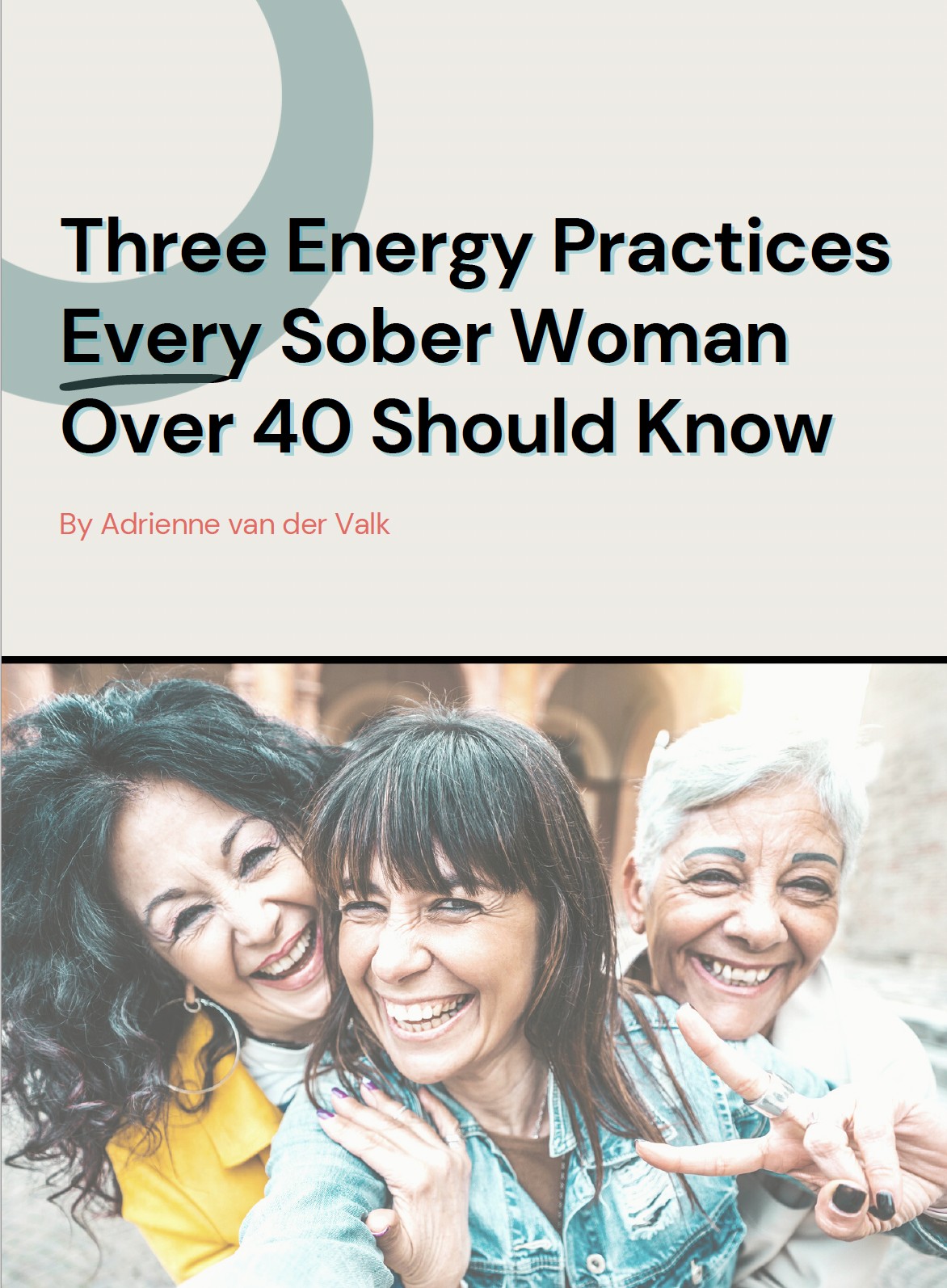
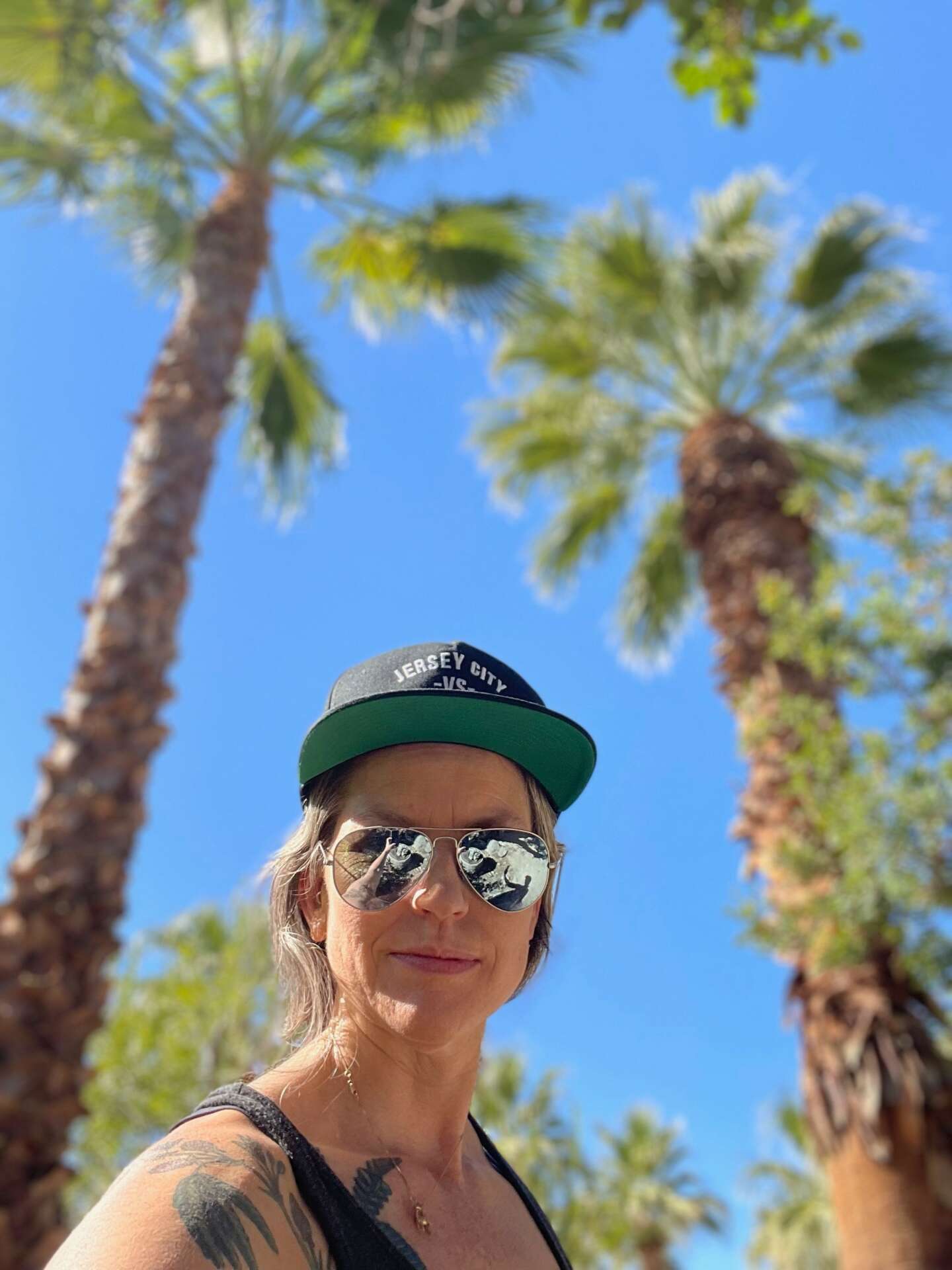
What’s a lesson you had to unlearn and what’s the backstory?
When I went through my social work training as a young professional, it was drilled into me that 12-step programs were the only way it was possible to get sober. For years, I carried the belief that anyone who quit drinking without working the steps was doomed to relapse. Since I wasn’t willing to go to Alcoholics Anonymous for my own drinking, this belief left me feeling pretty stuck and desperate when I applied it to myself.
My life completely turned around when I started reading books by women who had successfully quit drinking. Some of them went to AA, but many of them didn’t. I learned about alternatives to AA, such as Dharma Recovery and Tempest Sobriety School. I read stories about people who used meditation and medication to quit. Slowly, my mind opened to the possibility that not all “alcoholics” are the same.
Now, I operate from the belief — backed by science — that there is a spectrum of causes, experiences, and patterns of behavior when it comes to alcohol use disorder. Ideas like “once an addict, always an addict” and “all addicts are the same” no longer ring true to me. I even question how necessary words like “addict” and “alcoholic” really are.
The more I learn about substance use disorders, the more I realize that the information presented to me as facts when I was younger doesn’t have much science behind it. People with substance use disorders deserve better! I sincerely hope that my work as a writer and mentor contributes in some small way to a sea change that allows us to talk about this issue with more nuance and compassion.
Other than training/knowledge, what do you think is most helpful for succeeding in your field?
I believe anyone who works with clients who struggle with substance use disorder must have an understanding of how systems of oppression influence people’s lived experiences. Without acknowledging that our society is deeply inequitable, we lose the opportunity to help people tap into sources of pain that can affect their confidence, opportunities, resources, and ability to move through the world freely. How could these experiences NOT impact our psyches and our lives? And yet, people in recovery are often discouraged from talking about identity or current events because they are considered a distraction. I disagree.
I also think people in this field need excellent boundaries to succeed. Hearing clients’ stories and wanting so badly for them to improve their lives can cause us to become preachy, overly involved, or tie our own emotional health to others’. This can seriously interfere with our ability to be effective coaches and mentors. It can also jeopardize our own recoveries.
Energy work can be an incredibly valuable tool in creating and maintaining boundaries. Checking in with ourselves, noticing what energy we have taken on, discharging energy between sessions, and even visualizing boundaries between our clients and us can help us stay protected while still remaining present and compassionate.
Contact Info:
- Website: www.bigsoberenergy.com
- Instagram: @bigsoberenergy
- Facebook: https://www.facebook.com/groups/bigsoberenergy
Image Credits
Russell Estes


